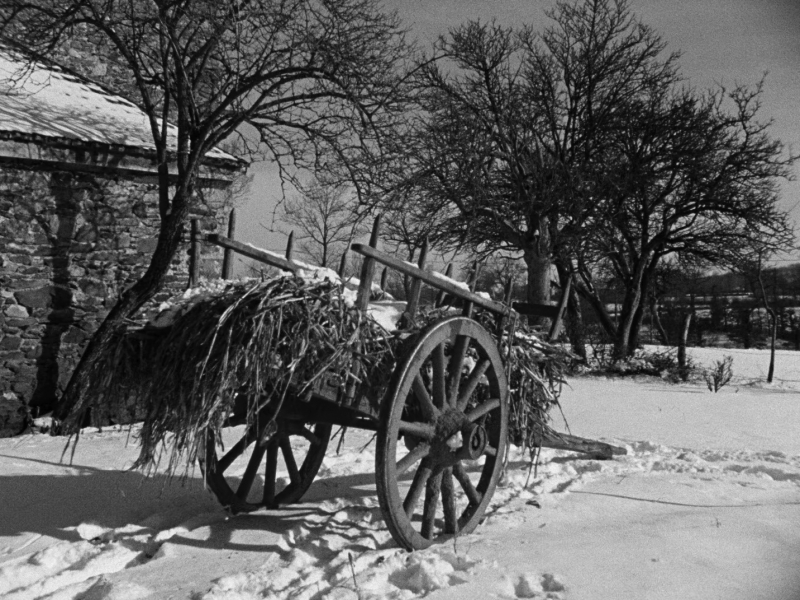
Le film à peine terminé, commence « l’affaire Farrebique » : le jury de sélection du 1er Festival de Cannes, l’élimine de la compétition [...] « Quelques réserves que l’on puisse faire sur la conception très arbitraire du sujet, écrit Georges Sadoul, Farrebique avait une place marquée au Festival, alors qu’on eût pu refuser même un strapontin à la logorrhée particulièrement incontinente que constituait Un revenant. Mais c’est précisément le dialoguiste de ce film, Henri Jeanson, membre de la commission, qui a batailléé pour le refus de Farrebique, bien qu’il s’en défende : « Farrebique n’a pas été proposé à nos suffrages. Je suis, il est vrai, de ceux qui trouvent ce film ennuyeux. Je ne tiens pas la bouse de vache pour une matière photogénique. J’ai peut-être tort, j’en conviens, mais je proteste contre ceux qui prétendent en toute mauvaise foi que Farrebique a été recalé. »